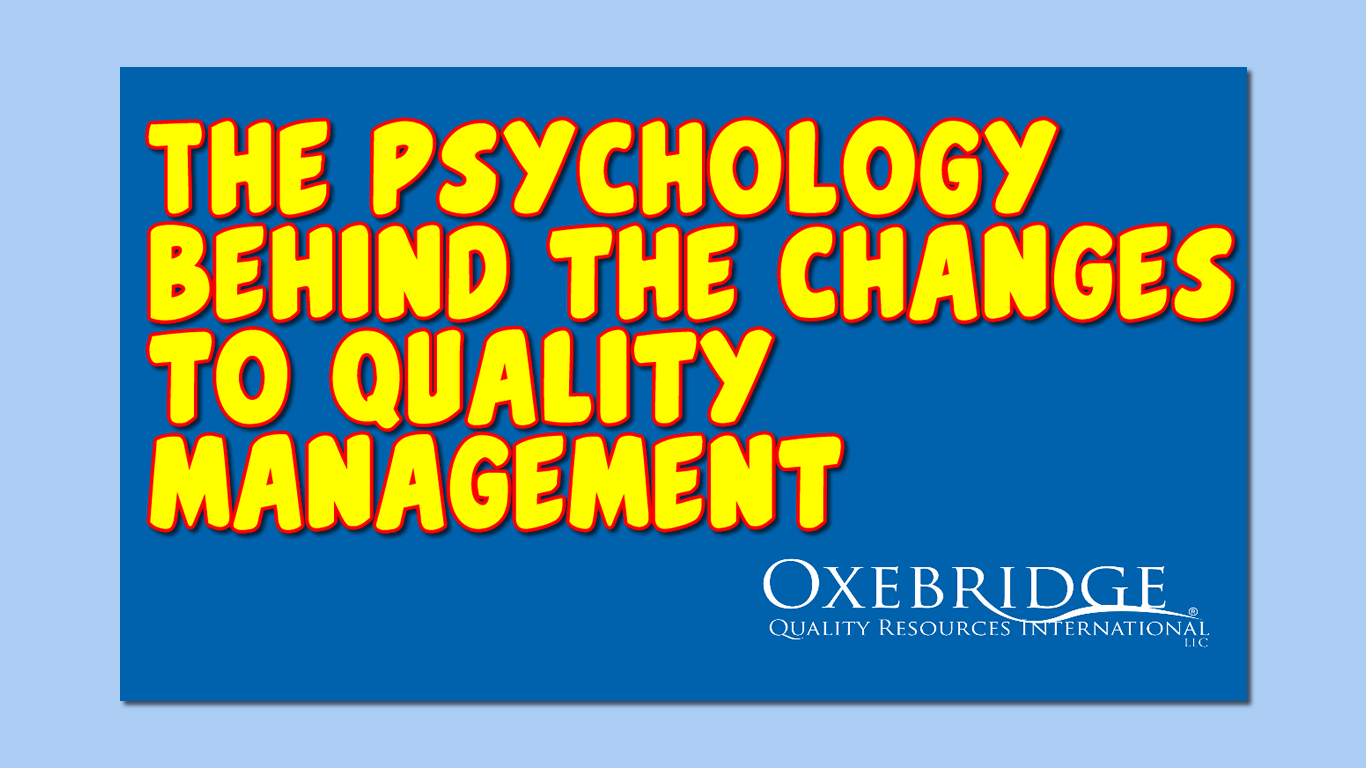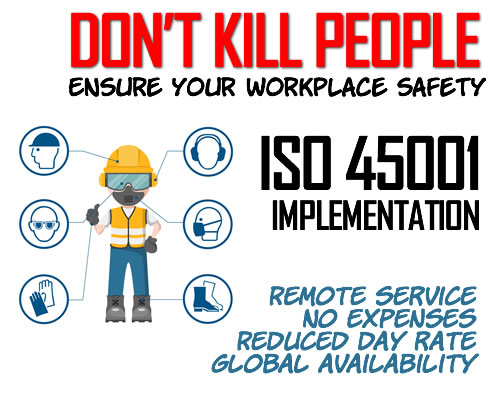 According to an anonymous source, the US TAG to TC 176 is undergoing an interesting conflict between its leadership over the pending vote on FDIS 9001:2015, with only days left. In one corner is Chair Alka Jarvis, who is reported to be endorsing a “NO” vote against the FDIS; in the other is SC2 Chair Lorri Hunt, who is pushing for a “YES” vote.
According to an anonymous source, the US TAG to TC 176 is undergoing an interesting conflict between its leadership over the pending vote on FDIS 9001:2015, with only days left. In one corner is Chair Alka Jarvis, who is reported to be endorsing a “NO” vote against the FDIS; in the other is SC2 Chair Lorri Hunt, who is pushing for a “YES” vote.
Normally, the leadership provides a monolithic recommendation to its members, who ultimately wind up voting in line with that recommendation. The controversies surrounding Annex SL, risk-based thinking, ISO’s departure from development procedures and other issues have led to a split in support for FDIS 9001, this time.
The break from support is problematic for Hunt and her mentor Jack West, both of whom have great personal investments in ensuring ISO 9001 passes. West has already published a book with co-author and TAG member Charles Cianfrani based on the DIS version, and West reportedly has a “2nd Edition” ready for publication as soon as the FDIS is ratified. Both Hunt and West courted controversy as early as 2011, when they began booking expensive speaking engagements on ISO 9001:2015; at the same time, ISO was publishing official alerts that no work had even begun on the standard.
As a result, any delay in publication of 9001:2015, or any US disapproval, would impact on Hunt’s and West’s ability to market books, seminars and speaking tours. The same is true of other TAG leaders, including Denise Robitaille, Paul Palmes and Craig Williams, all of whom hold key seats in the TAG and who have engaged in for-profit publishing.
Jarvis has been all but silent during her nine year term, having published nearly nothing at all on ISO 9001. Her silence and “intellectual absence” during meetings led many to believe she was just holding the chair for Jack West, who was term limited and had personally appointed Jarvis to succeed him. Her position against Hunt would be seen as a slap in the face to those that put her in power, but could hint that she has had an ethical code all this time, and merely lacked effective communication skills.
Either way, the US TAG members are now presented with a split decision. The internally-distributed Considerations for Casting Ballots on the FDIS for ISO 9001:2015 provides the members with the leadership’s official view, and gives two competing viewpoints. The document, prepared by Hunt herself, includes what some have called “a lie” in defense of a YES vote: it wrongly claims that TC 176 had resolved all the US’ issues with the DIS, when in fact the vast majority all of the issues were rejected or ignored by Geneva.
Adding to the confusion, the TAG does not appear to know how to collate the final TAG opinion once the votes come in. At first, sources say, the TAG claimed that a failure to win a 2/3 majority vote would result in the US TAG voting to “disapprove” the standard. A slide presented to the TAG at a recent meeting in Washington confirms this fact, and even quoted official ISO Directives in support of it.
However, a witness in attendance reported that there was confusion over how the TAG would interpret the members’ votes to provide a final, official vote to TC 176:
ASQ staff looked at the TAG procedures and the TAG members were informed if a 2/3 majority does not approve, then the FDIS will be disapproved. After this was announced, [the ASQ representative] changed their mind and it appeared they contacted ANSI. They overturned documented ASQ TAG procedures and informed the members that if a 2/3 majority does not approve, the US will abstain. Now we require 2/3 majority either for approval or disapproval, otherwise abstain!
A review of the rules for both ANSI and the TAG Operating Procedures do not indicate that a rejection must be filed as an abstention, so it’s not clear where ASQ and the TAG are getting their information. I’ve reached out to the ASQ secretary for a clarification, but I’m not sure it will come prior to the vote.
An “Abstain” vote would be less damaging to Hunt and West, and for the US in general; a “Disapprove” vote would provide a damaging rebuke to both the standard and anyone promoting it afterwards.
Voting concludes September 3rd.
Christopher Paris is the founder and VP Operations of Oxebridge. He has over 35 years’ experience implementing ISO 9001 and AS9100 systems, and helps establish certification and accreditation bodies with the ISO 17000 series. He is a vocal advocate for the development and use of standards from the point of view of actual users. He is the writer and artist of THE AUDITOR comic strip, and is currently writing the DR. CUBA pulp novel series. Visit www.drcuba.world








